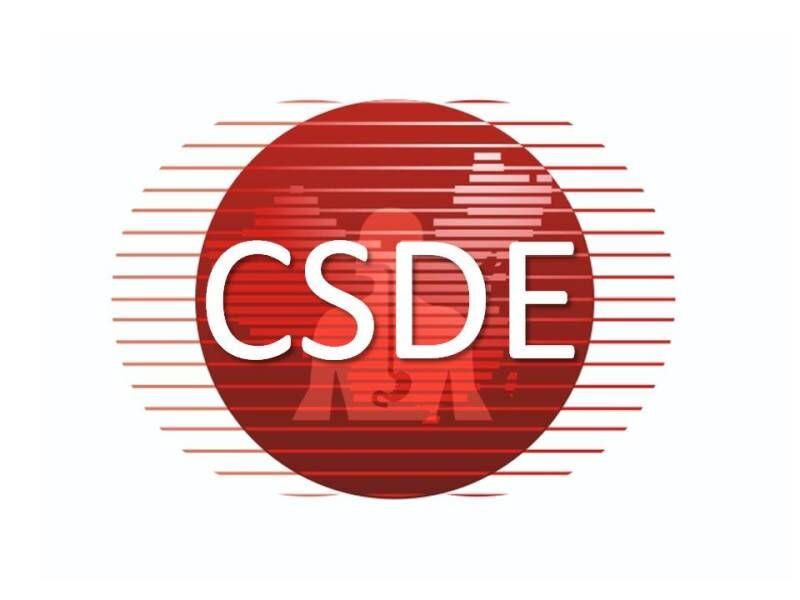
This webinar is devoted to registries and audits in esophagogastric cancer surgery. The importance of registries in monitoring quality of care is discussed. Furthermore, a series of registries from all around the world are presented with their set-up, results and effect on national or regional outcomes and the way research is incorporated into these registries. Apart from this, patient reported outcomes and audit-based research is discussed.
-
Defining Quality of Care in Esophagogastric Cancer Surgery
-
Patient Reported Outcomes in Auditing. What can we learn from them? Is it the future?
-
What is the Future of Research Within Registries?
-
Registries and Audits: Learning from Current Nationwide Experiences
Tuesday, October 12, 2021 from 13:00 – 14:30 GMT or:
New York 09:00-10:30 EDT
London 14:00-15:30 BST
Amsterdam 15:00-16:30 CET
Tokyo 22:00-23:30 JST
Madrid 15:00-16:30 CEST
Seattle / Vancouver 06:00-07:30 PDT
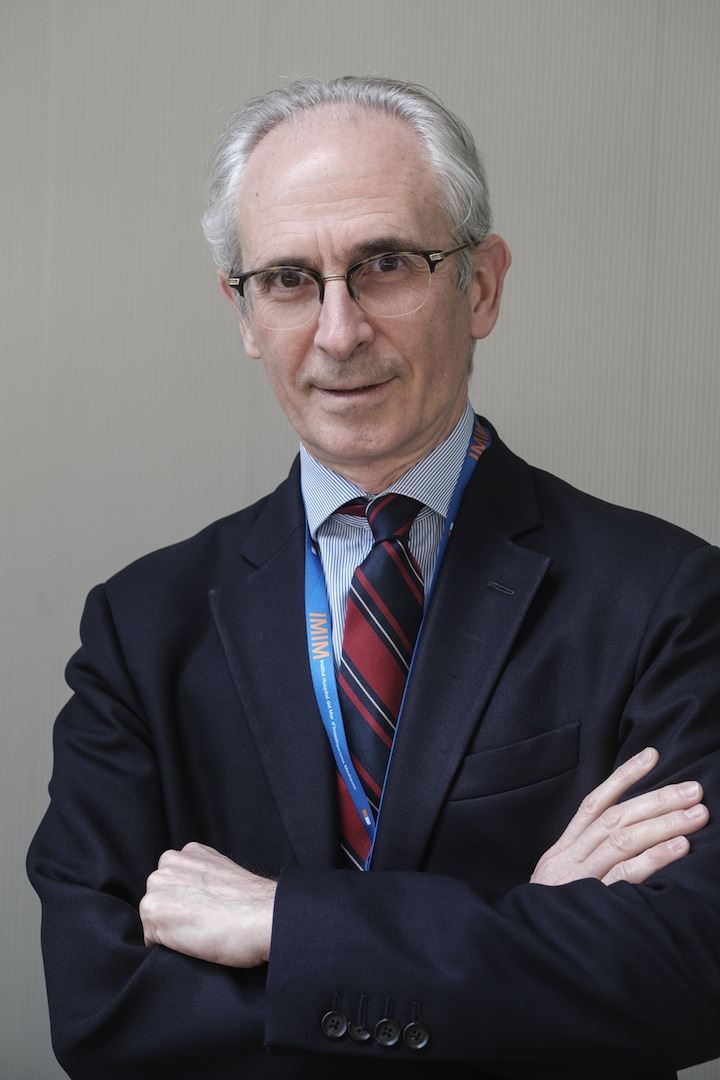
Manuel Pera, Head of the Section of Gastrointestinal Surgery, Hospital del Mar, Spain
Manuel Pera is Professor of Surgery in the Autonomous University of Barcelona (Spain) and Head of the Section of Gastrointestinal Surgery at the Hospital del Mar in Barcelona.
He completed his training in General and Digestive Surgery at the Hospital Clinic of Barcelona and fellowships at the Division of General Thoracic Surgery, Mayo Clinic, Rochester, USA (1990-1991) and the Division of General Thoracic Surgery, Hôtel-Dieu de Montreal, Canada (1994).
His clinical interest includes benign and malignant diseases of the esophagus and stomach. His research interest includes gastroesophageal carcinogenesis, Barrett´s esophagus, prognostic markers in gastric and esophageal cancer and prehabilitation in esophagogastric cancer surgery.
Professor Manuel Pera is serving as coordinator of the Spanish EURECCA Esophagogastric Cancer Registry, a population-based registry launched in 2013, aiming to improve outcomes by measuring quality of care, giving benchmarked feedback to surgeons and stimulating improvement initiatives. He founded a very active students surgical society (Gimbernat Surgical Association, www.aqgimbernat.com) with the main goal to fostering interest in surgery in medical students.
He is Past President of the European Society for Diseases of the Esophagus, Past Executive Director of the International Society for Diseases of the Esophagus (ISDE), Associate-Editor of the journal Diseases of the Esophagus, member of the Editorial Board of the BJS and member of the International Steering Committee for The Doctor as a Humanist (DASH). He has authored over 180 articles and 30 book chapters.
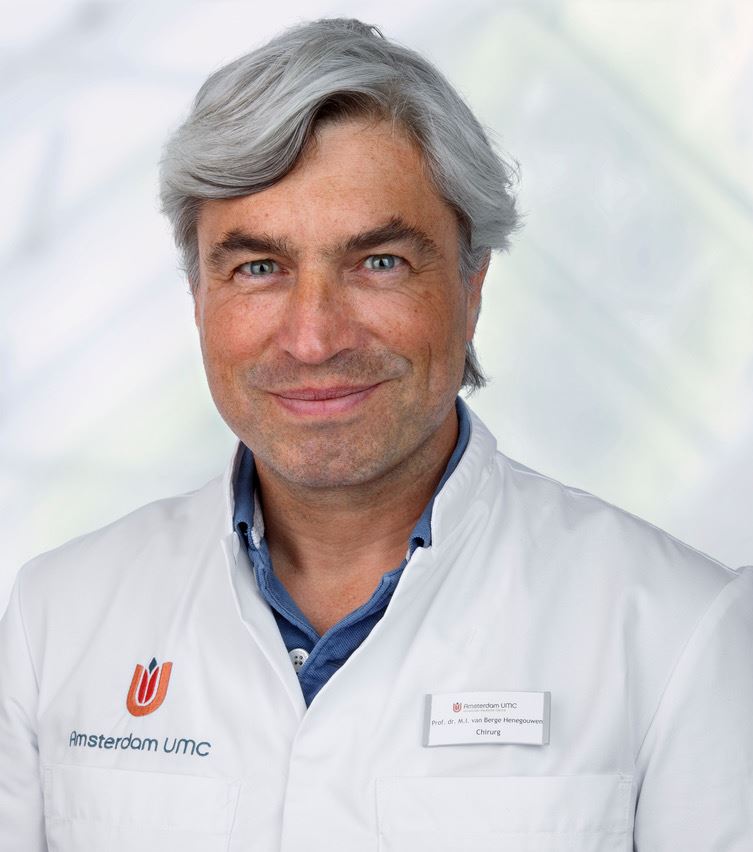
Mark I. van Berge Henegouwen, Professor, University of Amsterdam, The Netherlands
Professor dr. Mark I. van Berge Henegouwen is chair of the Dutch Upper GI Cancer Audit and chair of the Dutch society of foregut surgeons of the Netherlands. He was appointed professor of Gastrointestinal Surgery in 2017 at the Amsterdam University Medical Centers.
Mark, born and raised in the Netherlands, received his MD and PhD at the University of Amsterdam. He performed his fellowship in gastrointestinal, upper GI and minimally invasive surgery at the Academic Medical Center in Amsterdam where he started as senior consultant in 2006.
Mark's clinical practice is dedicated to patients with malignancies of the esophagus and stomach. The Amsterdam UMC is currently one of the largest centers for esophageal and gastric cancer in Europe. The Amsterdam UMC is a tertiary referral center for these patients with around 250 esophago-gastric resections annually. Mark van Berge Henegouwen has introduced minimally invasive surgery for esophageal and gastric cancer at his center in 2009 and now around 90 percent of patients is treated thoraco-laparoscopically or robotically.
He is a Principal Investigator in upper GI cancer Surgery and main research activities are focused on improvement of outcomes in upper GI cancer surgery, outcomes and centralization in the Dutch Upper GI Cancer Audit, improvement of (minimally invasive) techniques, neoadjuvant treatment regimens in esophageal and gastric cancer and quality of life in upper GI cancer surgery.
Speakers
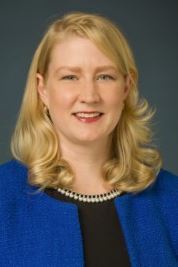
Natalie Coburn, Surgical Oncologist, Sunnybrook's Odette Cancer Center, Canada
Dr. Coburn is a surgical oncologist at Sunnybrook’s Odette Cancer Center, Senior Scientist at ICES and Professor of Surgery at the University of Toronto, with a clinical practice completely devoted to Hepato-Pancreatico-Biliary and upper Gastrointestinal cancers. She has been on staff at the Odette Cancer Centre since 2004, and has served in many leadership roles including head of the division of general surgery, chief examiner for the Royal College of Physicians and Surgeons of Canada’s surgical oncology fellowship examination, and the Clinical Lead in Patient-Reported Outcomes and Symptom Management at Ontario Health Cancer Care Ontario. She now holds the Sherif and Mary-Lou Hanna Chair in Surgical Oncology Research.
Dr. Coburn’s research is focused on evaluating and improving the outcomes for patients who have gastrointestinal tract cancers. The major techniques utilized in her research are assessment of outcomes through examination of administrative databases, such as those at ICES (previously known as Institute of Clinical Evaluative Sciences). Following evaluation of patient outcomes, she has engaged knowledge translation researchers to examine the gaps in physician knowledge that result in gaps in patient care, so that the quality of patient care can be improved by providing physicians with training to reduce the gaps in their knowledge.
Dr. Coburn has led several major and multi-million dollar grants examining patterns of care for treatment of gastrointestinal cancers within Ontario and the U.S., and has contributed internationally to guideline creation to improve processes of care. She has published many landmark papers in the Journal of Clinical Oncology, BMJ, JAMA, Cancer, and Annals of Surgery.
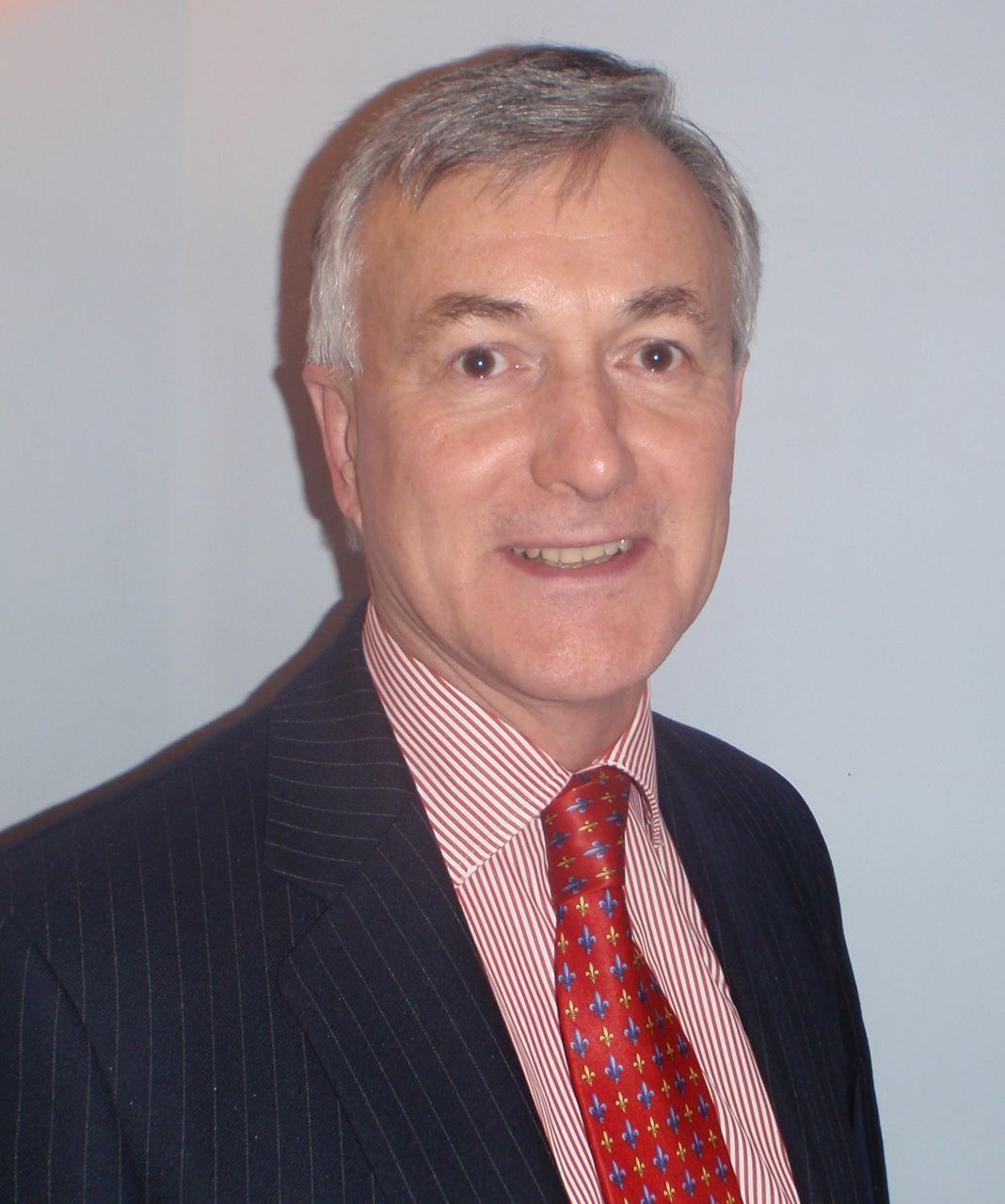
William Allum, Consultant Upper GI Surgeon, Royal Marsden NHS Foundation Trust, UK
William Allum is Consultant Upper GI Surgeon at the Royal Marsden NHS Foundation Trust, London, UK. His main area of academic interest is in oesophageal and gastric cancer with a research interest in perioperative multimodality therapy. He was the surgical PI on the MAGIC trial of perioperative chemotherapy in gastric cancer.
He was President of the Association of Upper GI Surgeons of Great Britain and Ireland (AUGIS) 2012-14. He was a Board member of the European Society of Surgical Oncology and led the EURECCA group on Oesophago-Gastric Cancer which has developed comparative studies of care in Europe in order to improve outcomes. He is the UK Council member of the International Gastric Cancer Association and joint coordinator of the European Chapter of the IGCA.
Having chaired the UK NHS Oeosphago-Gastric Clinical Reference Group, he is currently chairman of the Specialist Cancer Surgery CRG which advises on the provision of specialist cancer surgery services in Engkland. He previously chaired the National Cancer Intelligence Network Upper GI Clinical Reference Group. He was awarded the Fellowship of the Royal College of Surgeons of Edinburgh ad hominem in 2014 and Honorary Fellowship of the Royal College of Physicians and Surgeons of Glasgow in 2017.He is a member of the Council of the Royal College of Surgeons of England and is Council Lead for planning surgical workforce and training.
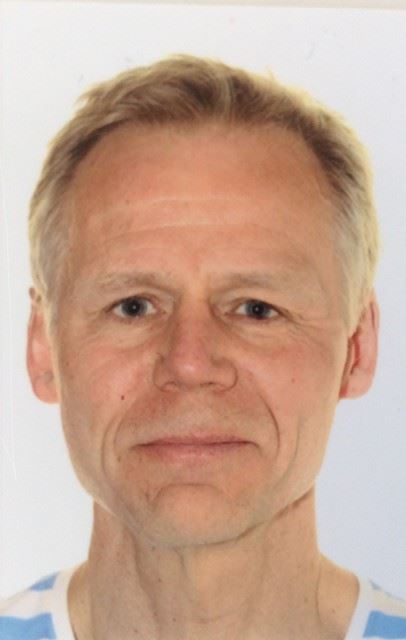
Jan Johansson, Head of Oesophageal and Gastric Surgery, Lund University Hospital, Sweden
Dr. Jan Johansson is Head of Oesophageal and Gastric Surgery and adjunct Professor of Surgery at Lund University Hospital, Sweden. He presented his thesis "Oesophageal resection with gastric tube reconstruction” in 2000, and has spent a year as research fellow at the department of thoracic and foregut surgery, University of Southern California, Los Angeles. He is the holder of the National Swedish Registry for Oesophageal and Gastric cancer (NREV) since start 2006, and has his main research interest in the effects of oesophageal and gastric surgery.
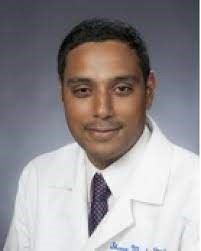
Sheraz Markar, Senior Oesophago-Gastric Fellow, Oxford University Hospital Trust, UK
Sheraz R. Markar is senior oesophago-gastric fellow at Oxford University Hospital Trust, UK and assistant professor at Karolinska Institutet, Sweden. He qualified from the University of Cambridge in 2007, and has worked clinically and academically primarily in the field of oesophageal and gastric cancer, undertaking fellowships in Seattle USA, Karolinska Institutet Stockholm and Lille, France. He undertook his first PhD at Imperial College London, using mass spectrometry for breath analysis to diagnose oesophageal and gastric cancer. He did his second PhD at Karolinska Institutet, in using national datasets to identify areas of improvement in surgical therapy for oesophageal cancer. He has published over 230 peer publications and given 120 international presentations. His research interests include evidence synthesis, novel design in surgical clinical trials, challenges to cancer survivorship and surveillance, and non-invasive cancer diagnosis with volatile organic compounds.
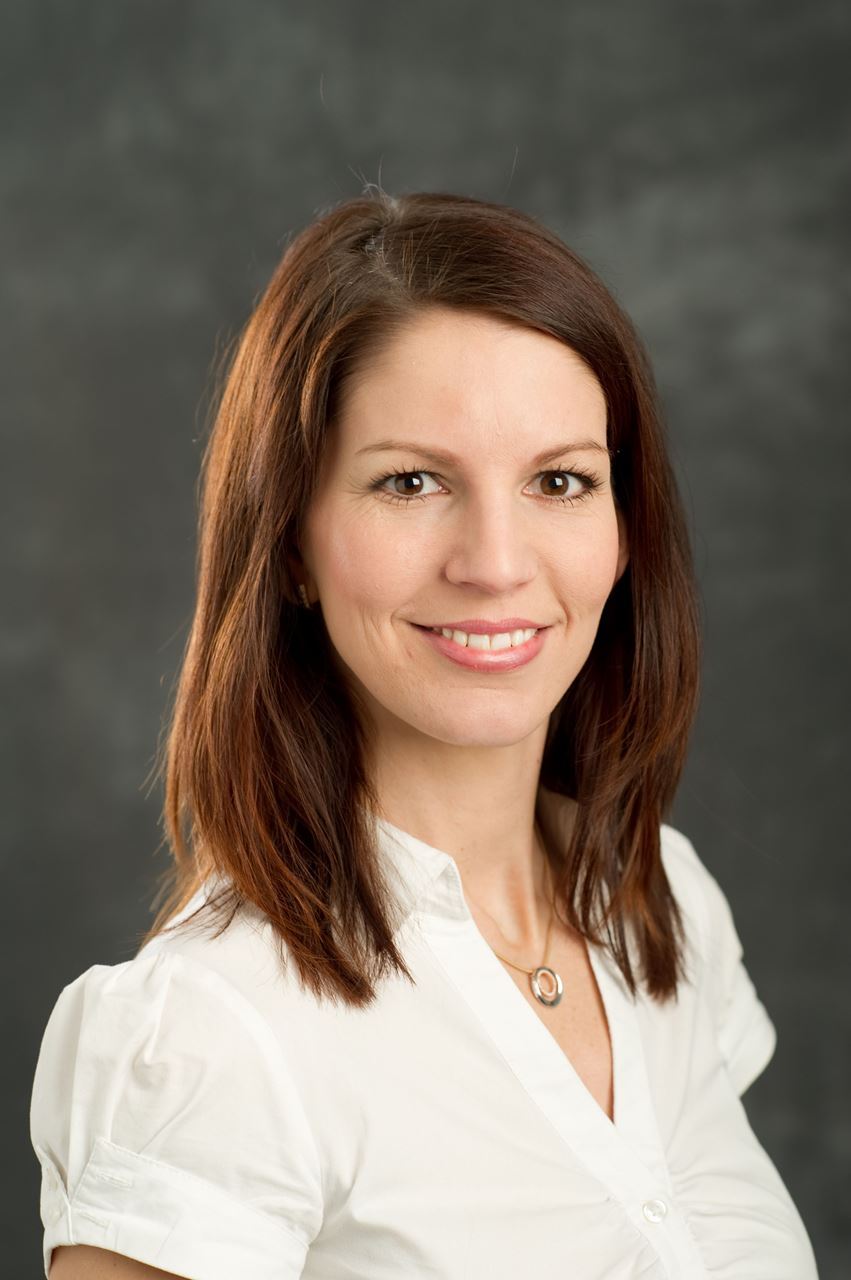
Pernilla Lagergren, Professor of Surgical Care Sciences, Karolinska Institutet, Sweden
Pernilla Lagergren is Professor of Surgical Care Sciences at Karolinska Institutet in Stockholm, Sweden, and at Imperial College London, UK. She is a registered nurse and holds a PhD in surgery.
Professor Lagergren leads a multidisciplinary research group at Karolinska Institutet. At Imperial College London she is chairing the Healthcare Professional Academic Group (HPAG). Her main research area is cancer survivorship in patients with cancer of the upper gastrointestinal tract, with a focus on health-related quality of life and other patient-reported outcomes in patients who undergo surgery for oesophageal cancer.
She has been awarded several research prizes for her work of which one is the 2015 Anders Jahre’s prize in medicine for younger researchers, a Nordic prize from University of Oslo, Norway. She is an elected member of the European Academy of Cancer Sciences (EACS) where she is involved in the Academy’s work on cancer survivorship and outcomes research. She is a member of the scientific board of Sjöberg Foundation in Sweden.
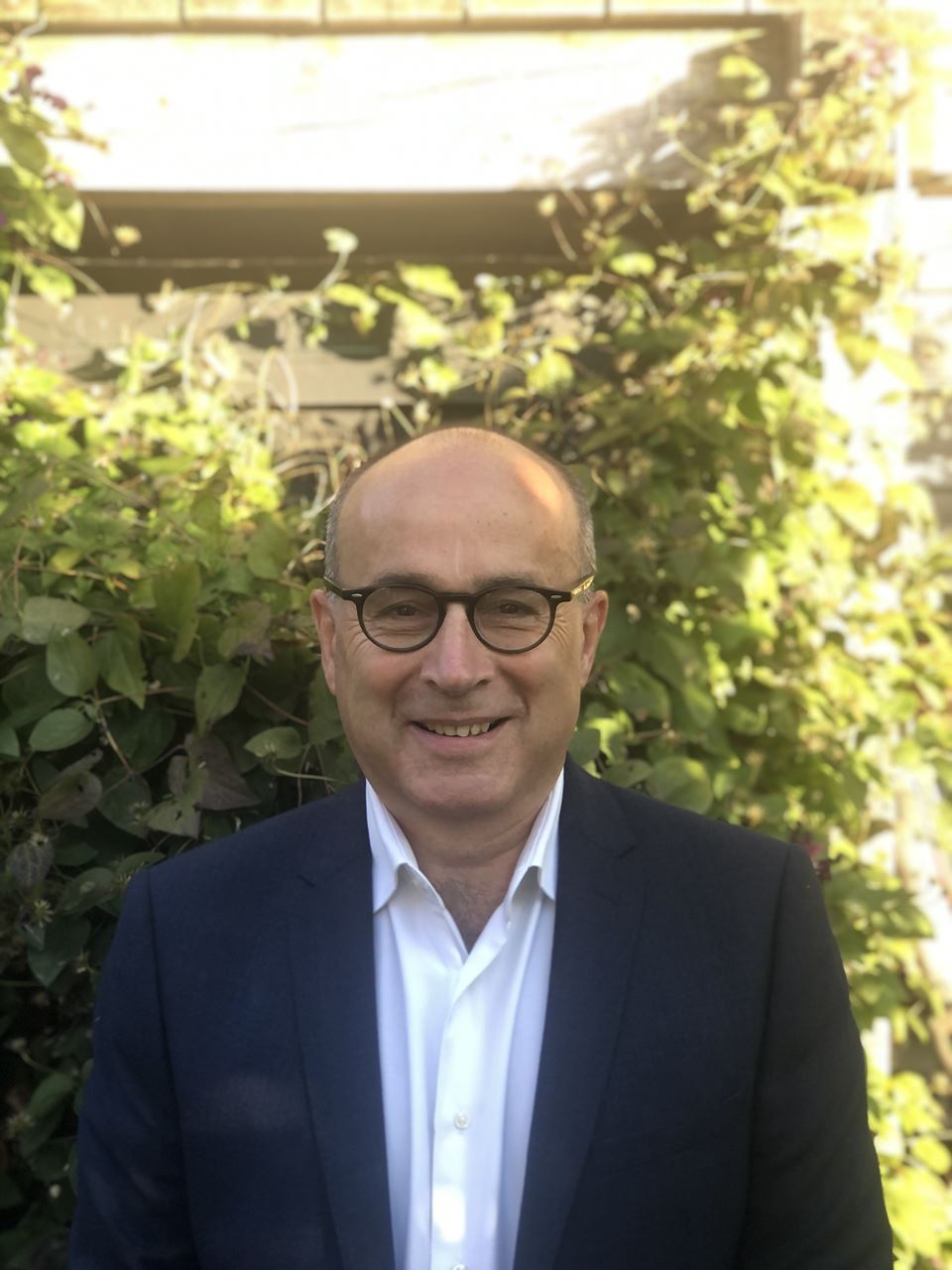
Nicholas Maynard, Consultant Upper GI Surgeon, Oxford University Hospitals NHS Trust, UK
Nick trained at Oxford University, Guy’s Hospital, London, and Melbourne, Australia. He is a Consultant Upper GI Surgeon at Oxford University Hospitals NHS Trust, and set up the Oxford Oesophagogastric Centre in 1997. Since 2017 Nick has been Director of Cancer Services for Oxford University Hospitals.
Nick’s main interests are in the surgical management of oesophagogastric cancer and complex benign disease, and he speaks regularly nationally and internationally on these topics. He has written national guidelines on the management of oesophagogastric cancer and reflux disease, and has strong interests in personalised staging of oesophageal cancer and assessment of standards of outcome of OG surgery, both benign and malignant.
He is President Elect of the Association of Upper GI Surgeons of Great Britain and Ireland (AUGIS), and commences his Presidency in September 2021. He is Clinical Lead for the National Oesophagogastric Cancer Audit (NOGCA).
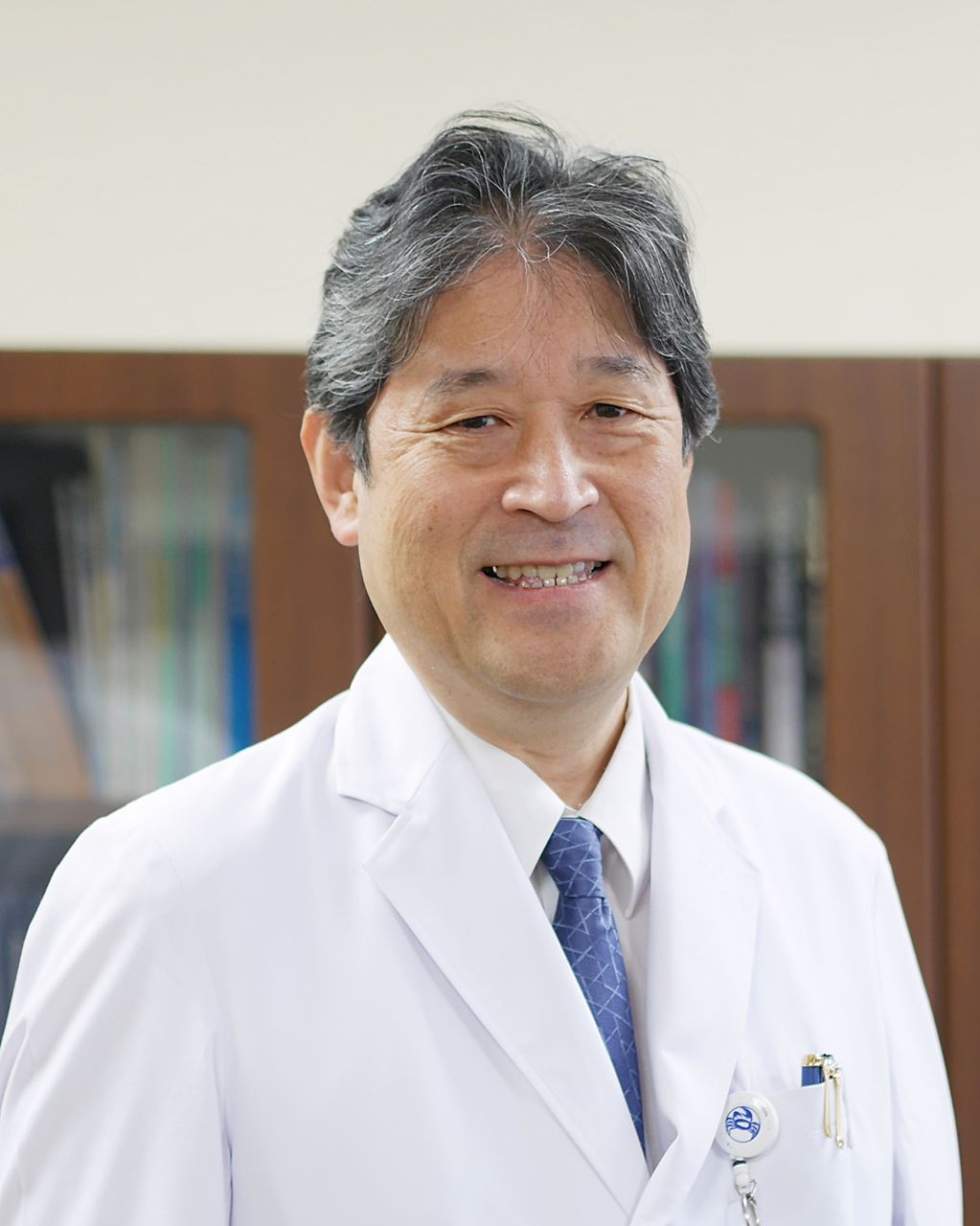
Masayuki Watanabe, Deputy Hospital Director, Cancer Institute Hospital of JFCR, Japan
Dr. Masayuki Watanabe is based at the Department of Gastroenterological Surgery in the Cancer Institute Hospital of Japanese Foundation for Cancer Research. He qualified from Kyushu University and is part of several professional affiliations including, The Japan Surgical Society, Lift Endoscopy & Minimal Incision Surgery, and The Japanese Society of Gastroenterology.
.png)

